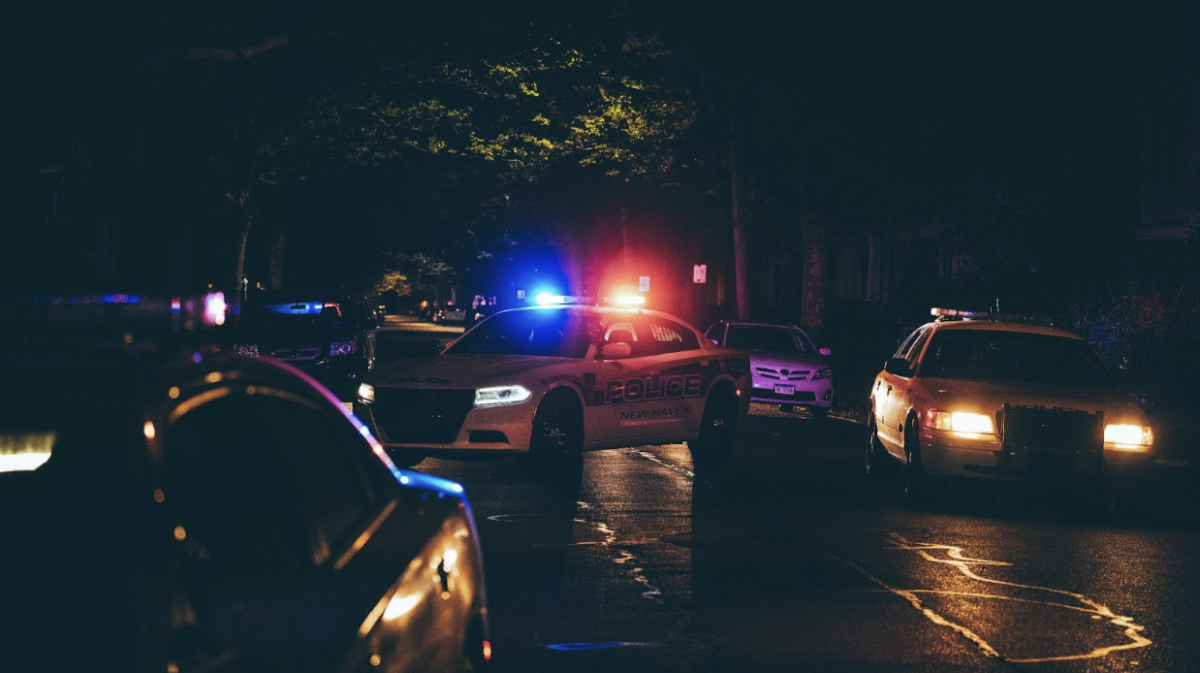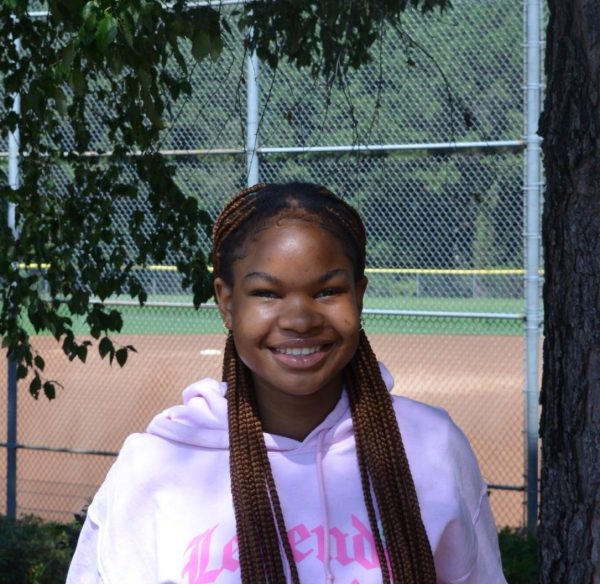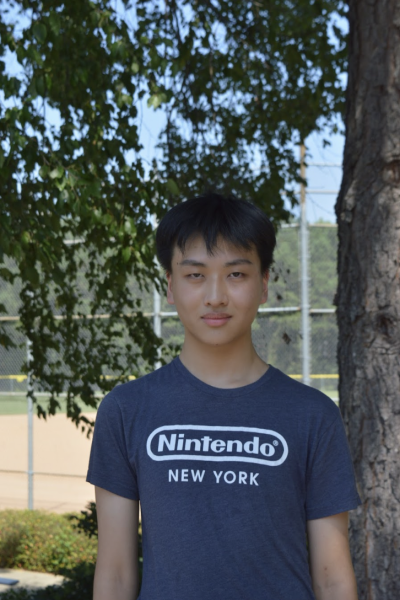The stigma around mental health has a long history around the world – with elevated recordings in 2016 found in Guyana, Eswatini and Russia. In the past years, suicide rates have increased by 37% from 2000 to 2018 and decreased by 5% from 2018 to 2020. In 2019, Barbados, Antigua and Barbuda had the lowest recorded rates of suicide among countries, averaging about 0.5 per thousand population. Lesotho, on the other hand, has the highest rate of 72.4 per thousand population. September commences Suicide Prevention Month to acknowledge those struggling with mental health, an issue that isn’t uncommon in high schools.
The Green Hope school psychologist, Mr. Daniel McGrogan, gave insight into the importance of Suicide Prevention Month. “It is the awareness and knowledge of warning signs and risk factors expressed by individuals possibly battling suicidal thoughts and taking necessary action. It’s knowing more about suicide and the effects it can have on people around you which, ultimately, makes prevention easier and much more feasible to carry out,” Mr. McGrogan explained.
Warning signs come in many different forms. Some people mention the words “hopeless” or “worthless” when talking about their lives, while others indicate significant changes in academic and sleep patterns. Students tend to feel overwhelmed when life gets busy or when they feel like they’re falling behind on schoolwork, especially in settings where the stress to perform well academically and in extracurriculars is high. Some people become exhausted – a phenomenon known as “burnout” – and they end up losing motivation to continue learning with the motivation originally expressed in the beginning of the school year. Some lose interest in clubs and after school activities as well, and it reflects on their grades and participation. The excitement they fostered for extracurricular activities they enjoy doing fades, and they feel as if nothing “matters.”
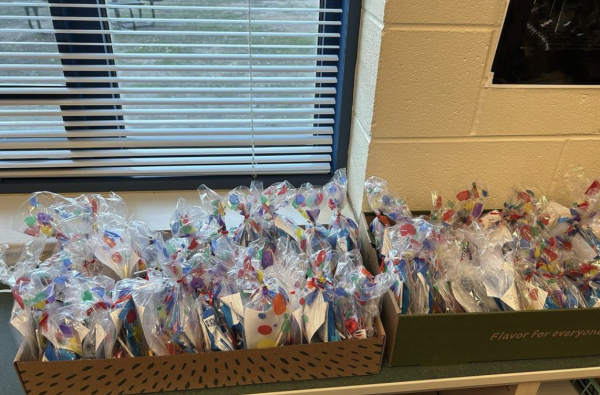
Mr. McGrogan mentioned that seniors are more prone to mental health illnesses during this time of the year due to their numerous college applications and essays that pile up. They also face stress from maintaining their high grades as well as remaining involved in community service work, clubs and pastimes they generally enjoy doing. Freshmen are also susceptible to suicidal thoughts or self harm. They are new to the highschool setting and navigating it can be difficult. They have to make new friends, leave good first impressions, survive bullying and many other pressures they are presented with. It all begins to weigh on these students and they may suffer nervous breakdowns.
However, suicide and suicide prevention have been included in many more conversations in the previous years and it makes it much more easier for people to seek help. “The biggest challenge presented to counselors, psychologists and students themselves, when it comes to helping, is the fear of people having that infamous ‘stigma’ or stereotypes attached to their name when seeking help. It makes them think they look weak and impotent in the eyes of their friends,” Mr. McGrogan noted. “For example, it is much more difficult to assist athletes; they have other students, coaches and recruiters watching them and it’s terrifying for them to indulge the possibility of mental health illness. They think ‘being suicidal’ makes them look puny. That asking for help is a feeble move when really, it’s the bravest and most courageous act one could carry out.”
Mr. McGrogan emphasized that the little things we should look out for in our friends – silent signs that may be visible to only those who are aware of the signs. Signs are normally expressed towards trusted individuals, be it a peer, sibling or teacher, who serve as the person’s last hope.
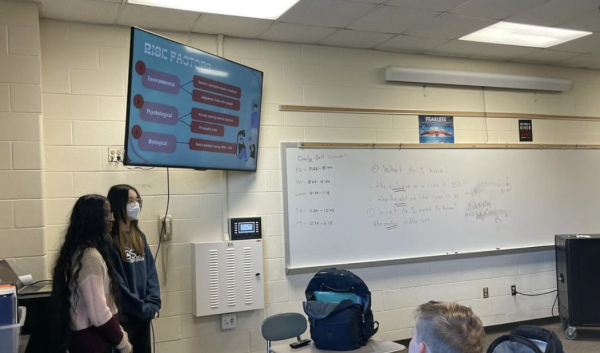
While the school psychologist attends to students’ needs and worries individually, students are also taking the helm to make their peers feel seen through the Psi Alpha Honor Society. In an interview with president, Nabiha Rahman (‘25), and vice president, Ash Chen (‘25), they explained that the society provides initiatives for the school, as a whole, in order to promote mental health awareness. These include posting on their social media, handing out goody bags filled with sweet treats and kind notes during final exam periods, collaborating with other schools and mental health movements and also simply teaching people about mental health itself so they have a better understanding of the subject. The members highlighted their club’s efforts: “One time, we collaborated with a boba shop so we could raise money for a mental health awareness fundraiser we started. We did so well and noticed that people were so appreciative towards the motive.”
In addition, the Psi Alpha Honor Society also plans to partner with National Alliance on Mental Illness (NAMI) this year and join their ‘end of year 5k walk’ to raise money for a mental health awareness fundraiser. “We’ve already started opening conversations with other schools talking about collectively raising money for the movement. We’re even debating on making it a competition on who can raise the most money this year,” the members said. These students demonstrate the importance that peer-to-peer action can have in destigmatizing mental health.
Both officers of Psi Alpha stress that anyone can extend a helping hand toward the people around them. Whether it be as simple as a smile or compliment, small acts of kindness can empower people to seek help. Although Suicide Prevention Month has ended, the Green Hope community’s support and dedication toward this issue will continue.










































































